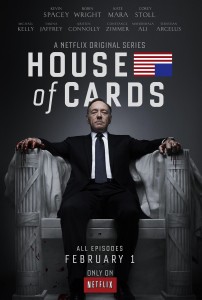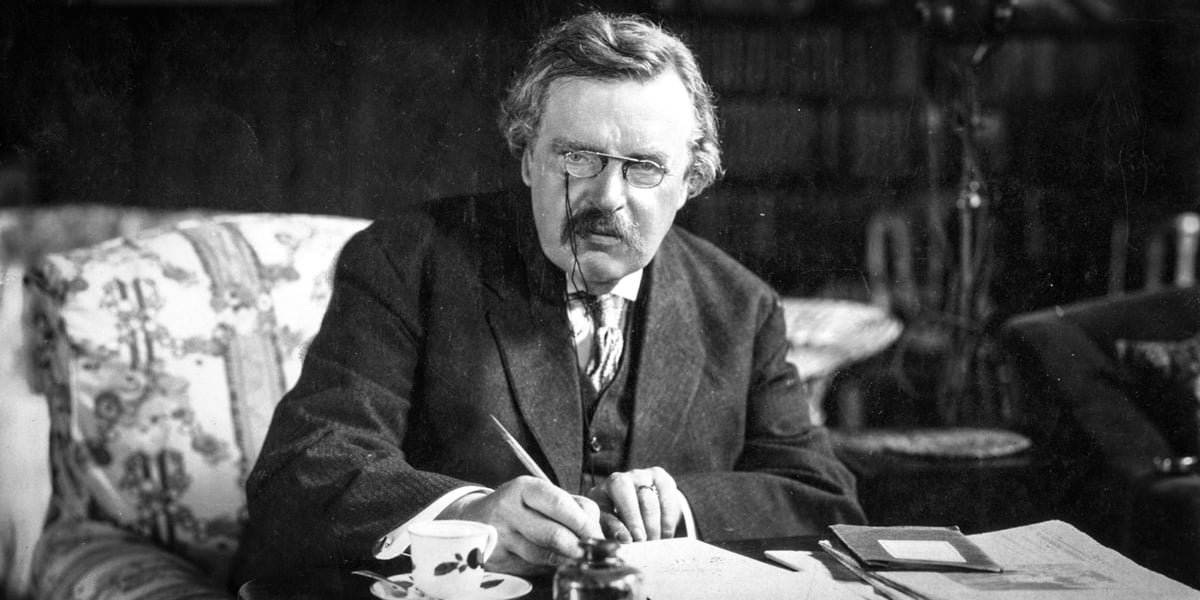It’s an easy, common observation to note that you can learn about a culture by observing the heroes it creates. The culture that creates a hero like John Keating of Dead Poet’s Society is different than the one that creates a hero like Samwise Gamgee of The Lord of the Rings. The former lionizes individualism, self-actualization, and absolute freedom of expression. The latter upholds a more communitarian, self-sacrificial ethic as heroic. Your choice in heroes suggests a great deal about your vision of the good life.
It might be a bit more interesting to attempt a similar study by looking at the villains of distinct cultures–and more interesting still to note how different cultures deal with the same villain. Which brings me to Netflix’s new original series House of Cards, starring Kevin Spacey as power-hungry congressman Francis Underwood. The series opens with a scene in which Spacey monologues to the camera about the two types of pain, the pain that makes you strong and the pain that makes you useless. “I have no patience for  useless things,” Spacey explains as he puts a dog just run over by a car out of its misery by wringing its neck. Later in the series another Underwood monologue offers an obvious but still useful Rosetta Stone for the character: Describing the failure of his former staffer and current lobbyist Remy Denton, Underwood says, “He chose money over power. In this town, a mistake nearly everyone makes. Money is the Mcmansion in Sarasota that starts falling apart after 10 years. Power is the old stone building that stands for centuries. I cannot respect someone who doesn’t see the difference.” And yet that quote, important as it is for understanding Underwood’s mind, may be even more important in understanding the show’s greatest shortcoming. To Underwood, power is a strong fortress. To deploy a biblical image, we might say it’s the house built on the rock that stands firm when the house built on the sand-like foundation of money passes into decay. The trouble with that thought, of course, is that it isn’t true.
useless things,” Spacey explains as he puts a dog just run over by a car out of its misery by wringing its neck. Later in the series another Underwood monologue offers an obvious but still useful Rosetta Stone for the character: Describing the failure of his former staffer and current lobbyist Remy Denton, Underwood says, “He chose money over power. In this town, a mistake nearly everyone makes. Money is the Mcmansion in Sarasota that starts falling apart after 10 years. Power is the old stone building that stands for centuries. I cannot respect someone who doesn’t see the difference.” And yet that quote, important as it is for understanding Underwood’s mind, may be even more important in understanding the show’s greatest shortcoming. To Underwood, power is a strong fortress. To deploy a biblical image, we might say it’s the house built on the rock that stands firm when the house built on the sand-like foundation of money passes into decay. The trouble with that thought, of course, is that it isn’t true.
House of Cards is not unique in creating an impregnable individualistic villain who will do anything to seize power. It was only a few years ago that Daniel Day-Lewis won an Oscar for his portrayal of Daniel Plainview in There Will Be Blood, a character every bit as merciless and driven as Underwood. Going back further, Tolkien’s Saruman is another villain driven almost exclusively by power and going back still further one can say the same thing about Shakespeare’s Macbeth, an especially apropos comparison given House of Cards’ many Shakespearean overtones and, especially, the eerie similarities between Underwood’s wife Claire and Lady Macbeth, a point that Spacey himself has raised in interviews.
So contemporary story-tellers like Cards writer Beau Willimon and There Will Be Blood director PT Anderson are not breaking new ground in creating characters like Underwood and Plainview.
Login to read more
Sign in or create a free account to access Subscriber-only content.
Topics:
